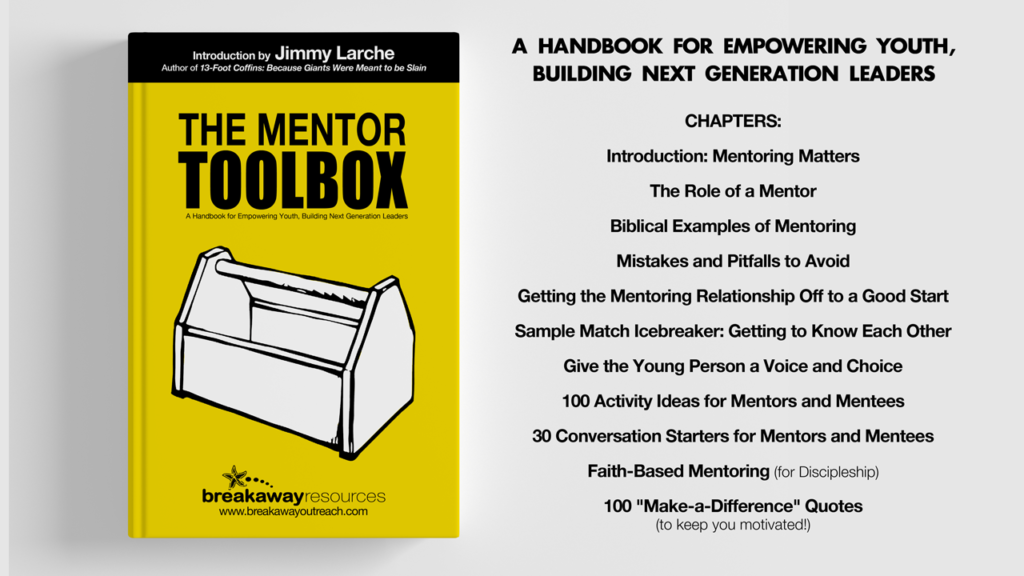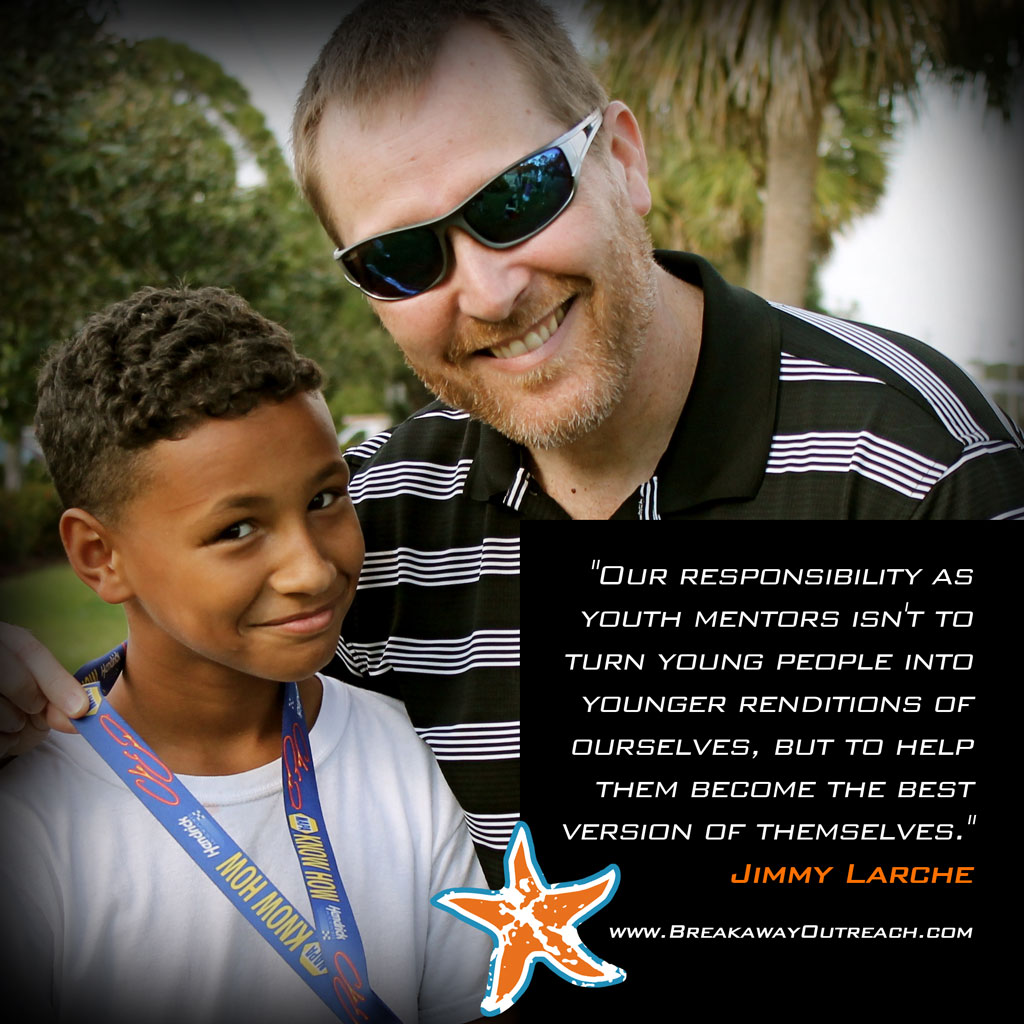Youth Mentoring Tips: Becoming the Best Version of Themselves
“Our responsibility as youth mentors isn’t to turn young people into younger renditions of ourselves, but to help them become the best version of themselves.”
—Jimmy Larche

How has an adult positively impacted your life? In what ways can you pay it forward?
Every young person deserves to have a caring, committed mentor in their life to listen and help them realize their God-given potential.
Mentoring has also been linked in studies to social-emotional development benefits, improvements in youth perceptions of parental relationships, and better prospects for moving on to higher education. Mentoring can help youth as they go through challenging life transitions, including dealing with stressful changes at home or transitioning to adulthood. Close, healthy, supportive relationships between mentors and mentees that last for a significant portion of time (i.e., more than one year) are central to success. Without this, mentoring programs run the risk of harming young people who are paired with mentors ill-equipped to meet the mentees’ needs. Specifically, relationships with mentors that last less than three months; where there is irregular and inconsistent contact; where there is a disconnect between the personalities, interests, and expectations of the mentors and mentees; where mentors are unprepared and lack skills to relate to youth; and where there is no emotional bond between the mentor and mentee have been found to be harmful to youth (Jekielek et al., 2002; Rhodes & DuBois, 2006). “The Mentor Toolbox” can help you, or your volunteers, become more equipped to go the distance in your mentoring efforts.

Get youth mentoring tips and other youth ministry resources.

